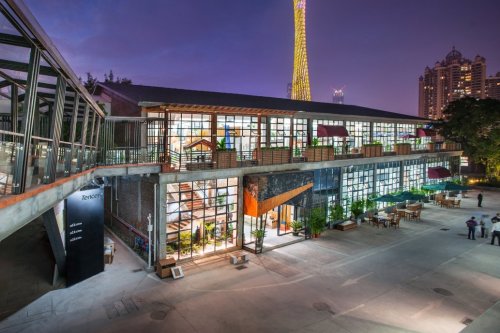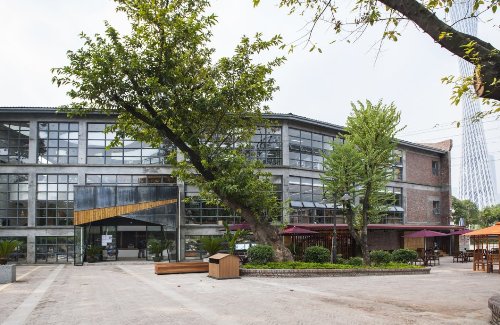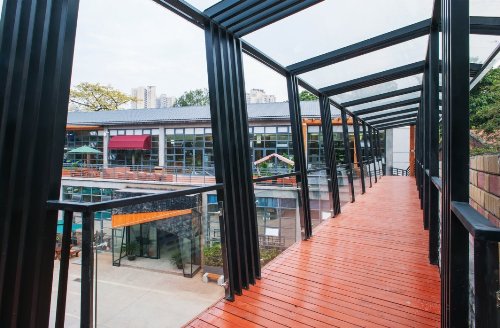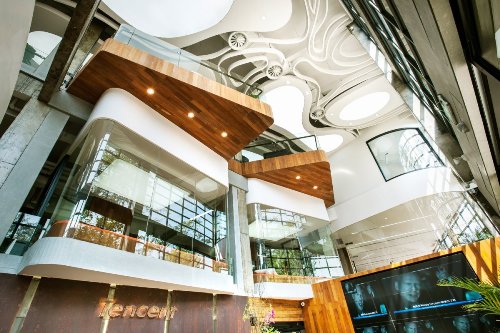Investors Protest in Cities Around China Over Shadow Banking Concerns
Posted: 08/15/2014 1:19 pm The risks associated with shadow banking are becoming more prominent in public as protests by angry investors took place this week throughout China.
The risks associated with shadow banking are becoming more prominent in public as protests by angry investors took place this week throughout China.
This past Tuesday, a group of investors in Chengdu, Sichuan demonstrated in front of local government buildings when one of the biggest credit-guarantee companies in the province failed to cover loans to small firms it had insured, reports the Wall Street Journal.
And then on Monday, several dozen investors protested outside Industrial and Commercial Bank of China locations in Guangzhou and Shanghai. The protesters were upset with word they will need to wait 15 months before receiving earnings from a trust-company product sold by the bank.
Guangzhou protesters carried a sign that said, “ICBC are a bunch of swindlers; give us back the money we have made with our sweat and blood!” Zhang Liang, one of the Guangzhou protesters, said:
“ICBC managers told us the product was safe and both the principal and interests are guaranteed… If it wasn’t sold by ICBC, we would not have bought the product since we never heard of this trust firm before.”
A report by Haitong International Securities showed that 68 trust firms investigated only have net assets of RMB 275 billion, reports Bloomberg.
The second quarter of this year has seen the slowest growth in China’s trust sector in over two years as trusts have become more cautious with lending money during a weak economy, reports the Financial Times. The trust sector is the largest component to China’s shadow-banking system that has been expanding astronomically since 2010.
Shadow banking is a huge industry in China, valued at $71.2 trillion; it has tripled in size from a decade ago. This unregulated industry that largely prospered after the 2008 financial crisis has drawn concern for its rapid expansion and clandestine operations.
A report by JP Morgan last year said shadow banking in China had nearly doubled between 2010 and 2012 to nearly $6 trillion, or about 70% of the nation’s GDP.
Photos: WSJ




















